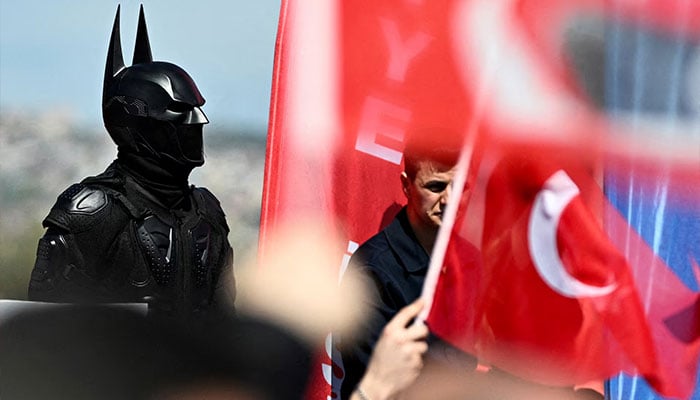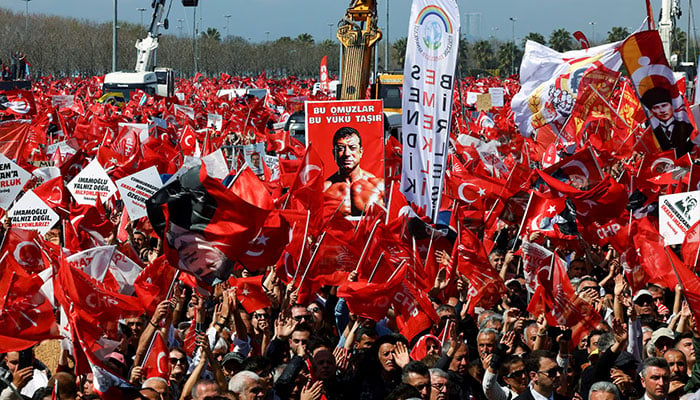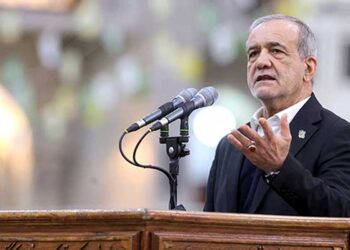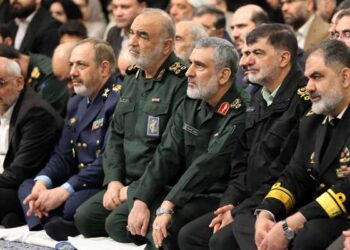Select Language:
A fresh wave of youthful protesters in Turkey is rising up against President Tayyip Erdogan’s administration, calling for significant changes in what they perceive as an increasingly authoritarian regime.
The protests escalated after Istanbul Mayor Ekrem Imamoglu, a well-regarded figure in the opposition, was imprisoned while awaiting trial on corruption allegations. Unlike their elders, who recall the harsh suppression of the 2013 Gezi Park protests, today’s youth are approaching activism with greater resolve, undaunted by potential consequences.
“Growing up under a single regime has made us a generation eager for change and seeking evidence of real democracy,” stated Yezan Atesyan, a 20-year-old student at Middle East Technical University (METU).
“The concept of a power that seems to last indefinitely frightens us.”
Since Imamoglu’s detention last week, hundreds of thousands of Turks across the nation have responded to opposition calls for demonstrations.
While the protests remain largely peaceful, over 2,000 individuals have been arrested.
The main opposition party, the Republican People’s Party (CHP), alongside other opposition groups, human rights advocates, and several Western nations, has argued that the charges against Imamoglu are a politically motivated attempt to neutralize a potential challenger to Erdogan.
The government maintains that it does not interfere with the judiciary, claiming the courts operate independently.
Students from various parts of Turkey have come together, confronting police barricades and water cannon vehicles. Drone footage from METU showed confrontations between protestors and security forces.
A Generation on Edge
Beyond their political frustrations, economic challenges have sparked the unrest. Rising inflation and unemployment rates leave many young people feeling uncertain about their future.
“I graduated in 2024, but I can’t secure a job, and my family is struggling financially,” shared 25-year-old Duygu at an opposition rally in Istanbul.

She worries not only for her safety but also for her friends, noting that “some of them have already been detained.”
As concerns over the government’s response grow, she added, “I hesitate to show my face because the police could target me. If that occurs, it would be devastating for my family.”
Nonetheless, the protesters remain determined.
“This feels like our final opportunity,” Atesyan remarked.
“If we fail, many of us will have no choice but to leave Turkey.”
The government downplays the protests as politically motivated; however, the unrest driven by youth illustrates a widening divide.
“Imamoglu symbolizes hope,” asserted Atesyan. “He embodies the chance for genuine change.”
As demonstrations persist, young Turks assert that their demands are straightforward: democracy, accountability, and a future that inspires them to remain.







